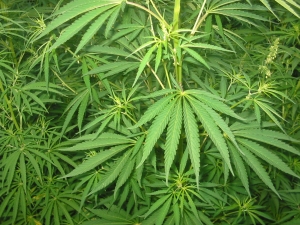Elite athletes eschew recreational drugs
Research news
A new study has found that recreational drug use is not as common among elite Australian athletes as we might think.
Only eight per cent of elite athletes reported using illicit drugs, such as ecstasy, cocaine, cannabis, meth/amphetamine, GHB or ketamine, when surveyed for the study conducted by Deakin University public health expert Matthew Dunn and the National Drug and Alcohol Research Centre. The results of the study are published online in the journal Addictive Behaviors.
“Any level of drug use is not good news, however it was encouraging to find that the use of illicit drugs among elite athletes is lower than the general population,” Dr Dunn said.
“Also, while 33 per cent of the athletes said they had been offered or had the opportunity to use drugs, it was interesting to find that only eight per cent had chosen to do so.”
For the study, 1684 elite athletes from 18 national sporting organisations were surveyed about their opinions and attitudes towards illicit drugs.
The results provide a profile of the type of athlete who could be at greater risk of taking drugs.
“We found that those who used illicit drugs were more likely to be male, know other athletes who used illicit drugs and had been offered or had the opportunity to use drugs,” Dr Dunn said.
“Identifying as a ‘full time’ athlete increased the likelihood of engaging in illicit drug use, while completing post-secondary education was associated with a lower likelihood of illicit drug use.
“This suggests that engaging in off-field pursuits, such as education, may play an important role in protecting athletes from illicit drug use.”
The results of the study suggest that the various measures taken to reduce illicit drug use in sport, such as testing and education, are working, Dr Dunn said.
“While it is good news that the level of illicit drug use among this group is lower than the general population, we know this group get tested a lot, and they are placing their careers in jeopardy if they get caught.
“National sporting organisations should consider our study results in the design and implementation of initiatives to prevent illicit drug use by their athletes, and athletes themselves should think about doing further education while they are playing, if only to make sure they have a life after sport,” he said.
Share this story
 Cannabis crop
Cannabis crop
